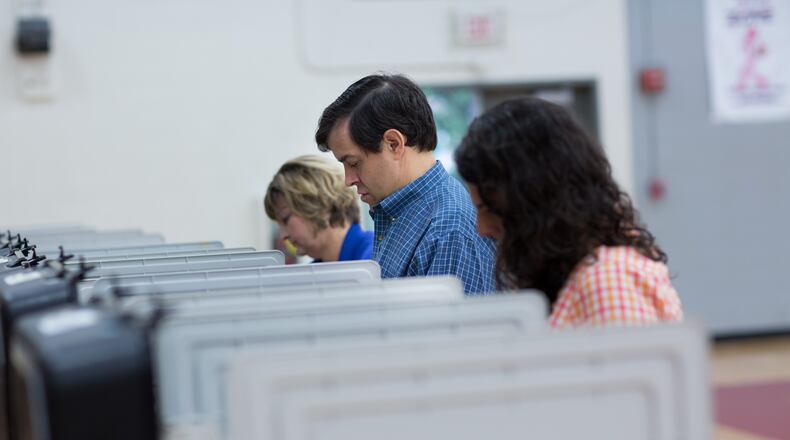In 2016, the Democratic Party’s nominee for the 8th Congressional District dropped out of the race, but it was far enough in advance of the general election where the state was mandated to hold a special election on Sept. 13, 2016.
One person filed, and hundreds of thousands of dollars were spent in what amounted to a candidate appointment for the November 2016 election.
“Eliminating such elections would save considerable taxpayer money,” said Ohio Secretary of State Jon Husted.
MORE: New Butler County service detects possible mortgage fraud
House Bill 18 received bipartisan support and would prevent state law from mandating that a special primary election be conducted to fill a vacancy in a party nomination if that person running for Congress withdraws from the race or dies more than 90 days before the general election.
Even if only one candidate files, and the race is uncontested.
The state is also lawfully obligated to pay for all the costs associated with these elections.
The cost for the Sept. 13, 2016, special Democratic Party primary election for the 8th Congressional District race was more than $340,000.
Retherford said that less than 1 percent of registered voters participated in the election.
He said not only did this cost hundreds of thousands of dollars, “This does not factor in the burden it placed on families as some schools closed, or move their teacher in-service days to accommodate polling locations.”
About the Author

